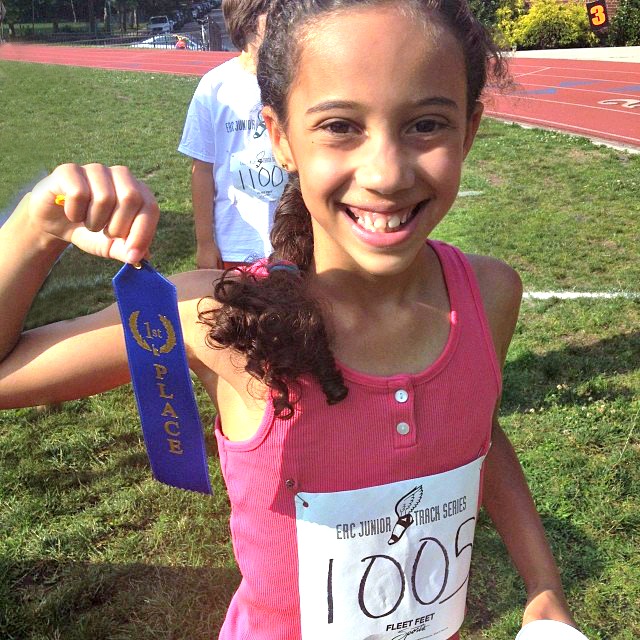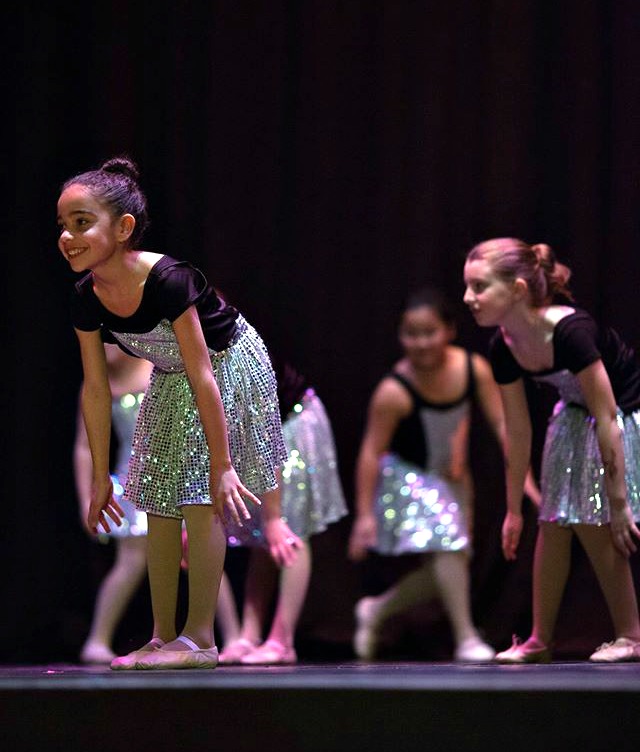As parents, we’re our kids’ biggest fans, right? That’s why a lot of us tend to compliment them. A lot.
Whether it’s the first time they learn to ride a bike, the masterpiece they created in art class, a stellar report card, or even that time they remembered to clean up their toys without being told, we want to praise them like we should, as the song goes.
But it turns out, those positive words and our best intentions can have some unintended consequences. And I know, that seems like such a backward way of thinking.
Related: Should every kid get a trophy?
That doesn’t mean that you shouldn’t compliment your kids. You should! I do! But there are, in fact, right ways to compliment children that will give them pride, confidence, and motivation.
So I turned to some trusted parenting books, used lessons I learned working as a teacher, and consulted with other parents too to put together this list of 8 tips to compliment your kids the right way so that it’s meaningful and empowering.
1. Compliment their character, rather than a skill.
Sometimes, “You were really kind to that boy who fell on the playground,” can mean so much more to a child than, “You’re a good boy.”
Pointing out their specific, positive, emotionally driven behaviors will encourage more of the good stuff and help your child develop more positive behaviors and empathy for others.
That doesn’t mean that you shouldn’t praise their physical skills too, just don’t forget to give them shout outs for their positive emotional choices and their good social interactions.
2. Focus on their efforts, not the outcomes.
Instead of saying, “You’re an awesome basketball player!” try, “I can tell you’ve been working hard on your dribbling skills. You played a great game.”
When we use broad statements, they lack a certain sincerity. Even LeBron James isn’t “awesome” all of the time. Plus, if you tell your kid that they are the best at something, even when they aren’t, that can put a ton of unnecessary pressure on them.
I often share the words of Thomas Edison with my girls, “Genius is one percent inspiration, ninety-nine percent perspiration.” I want them to understand that hard work is what matters most. Regardless of the outcome.
3. When your children tell you about an accomplishment, help them praise themselves.
As parents, we often resort to an all-too-common, “Great job, I’m so proud of you!” (Yep, I’m guilty of this too.) But, if you rephrase this slightly, with, “Wow! You must have felt so proud of yourself” then you help make the praise internal, rather than external.
This is vitally important to their growth because the key to self-confidence is not having to seek approval from others. Once you encourage your kids to verbalize how great they feel about their accomplishments, then you can say, “I am proud of you too!”

Georgette’s daughter got a big high-five after placing first in her track meet.
4. Remember, saying less is sometimes more.
A thumbs up after your son scores a goal in his soccer game or a high five after your daughter wins her race, is sometimes more powerful than verbal praise. This is often true with shy kids or teens, who don’t want all the attention.
These small gestures can feel special and intimate because they are private — between you and your child. They still say, “Way to go!” but in a way that’s comfortable and less pressure-driven.
5. Let them hear you praise them to others when they’re in earshot.
Of course, there are times when you’re going to shout loud boisterous praises. Hey, we’re parents too, we get what it feels like to be bubbling over with pride.
If you’re going to do it, make sure your child is within earshot. If you’re on the phone with Grandma, make sure your child is nearby when you say, “Mom, I was so proud of Ella today. She has been practicing so hard to ride her bike without training wheels, and today she did it!”
Overhearing you share how proud you are of them to someone important in their life can make the praise seem even more sincere.
I think this tip is especially effective with older kids. It’s like when their BFF tells them they did a great job at the science fair, and they think their friend is just being nice. But if they overhear their friend talking to another friend, “Wow, James gave an incredible presentation at the science fair,” they feel pretty awesome.
Related: A penny for your thoughts? This new card game helps kids process those hard emotions.
6. Instead of a compliment, make an observation and comment in an encouraging way.
An encouraging observation is often more genuine than a sterile compliment and can motivate kids, especially younger children, to try new things and achieve more goals.
If your kindergartener tied her shoes without any help, you can say with a smile, “You tied your shoes all by yourself!”
If we say, “You’re a real pro at tying shoes!” we’re sorta saying they can’t get better. By rephrasing our words, we can praise our kids in a much more constructive way.

Georgette’s daughter dancing with beautiful form! Photo via Chanda Hall
7. Praise the process, with specifics.
Instead of saying, “You’re an incredible dancer!” say, “You have beautiful form when you dance your routine.”
Instead of gushing, “I love the picture you created!” say, “The orange and yellow you used to draw that sun makes your picture so bright and cheery.”
Being specific with your praise lets your child know you’re really taking notice and encourages them to continue pushing themselves to improve.
8. Don’t give a compliment that isn’t warranted, especially with your tween or teen.
Okay, this is a biggie. And a tough one.
Your older kid knows he forgot his lines at the spring concert. Don’t just say, “You were amazing!” Instead, be real (but kind! and encouraging!) and acknowledge how he must be feeling, like, “I’m sorry you had a tough time up there. That must have felt a bit uncomfortable. But, even with that blip, you were a joy to watch, and your overall performance was terrific.”
Adele Faber and Elaine Mazlish, authors of my parenting bible How to Talk So Kids Will Listen & Listen So Kids Will Talk, and social psychologist Dr. Susan Newman, have some great thoughts on effective praise. They, and other parenting experts, give advice on what’s helpful vs. unhelpful praise. And some experts even caution that when we overpraise, or consistently compliment and applaud our kids for achievements that aren’t actual achievements (even with situations such as a child making their bed every morning), our words lack sincerity and can be counterproductive.
But by being sincere with your praise, you’re letting your child know they can trust you, and that’s being truly supportive.
Plus, when the time comes for the winning compliment they know they deserve, that too will ring genuine.
So here’s what we’re working on with our own kids: letting them know that they are loved and appreciated; complimenting their strengths and acknowledging their achievements. Our kids want this praise, and we want to give it to them! Now, we’re just trying to do it with a focus on quality over quantity.
And in turn, we’re hoping we’ll be doing our part in raising a generation of confident, independent, and thoughtful kids.
Top photo by Thiago Cerqueira via Unsplash
CMP is an rstyle affiliate





